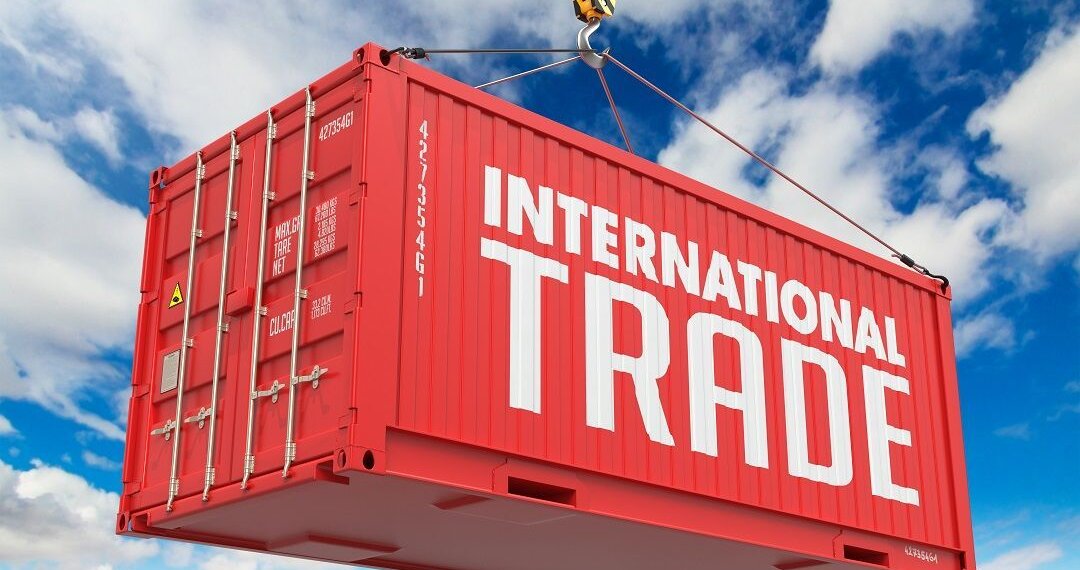On Wednesday a New York federal court dealt a major blow to President Donald Trump’s extensive import tariffs because he used a 1977 emergency law in an unauthorized manner.
The U.S. Court of International Trade declared Trump’s application of the 1977 International Emergency Economic Powers Act (IEEPA) to establish wide-reaching tariffs as unlawful. The three-judge panel issued a ruling which prevents the administration from implementing universal import taxes on all global nations.
Trump’s tariffs caused major disruptions to traditional U.S. trade practices and created market instability and economic recession concerns as well as higher product prices. The judicial decision creates uncertainty about future trade policies while establishing a legal dispute which could reach the U.S. Supreme Court.
The administration filed an appeal notice to protect Trump’s main economic instrument. The sector-specific tariffs imposed for steel and aluminum products and autos remain in effect under other legal frameworks while the decision creates uncertainty about the president’s broader trade strategy.
The court decision has brought relief to importers and businesses alongside trade partners who have endured the unstable U.S. tariff policies throughout recent years. The market responded favorably because investors predicted decreased trade barriers alongside supply chain benefits for businesses.
As a specialized court the U.S. Court of International Trade handles trade-related civil cases and resolves disputes concerning customs and tariff regulations. Decisions made by this court become subject to review by the U.S. Court of Appeals for the Federal Circuit in Washington, D.C. before reaching the Supreme Court.
The court’s decision creates new uncertainties in U.S. trade policy because it suggests future presidents will face restricted power to direct economic decisions through emergency actions. The trade policy and executive authority in Washington will experience extensive changes based on how the appeal progresses and what the Supreme Court decides.










